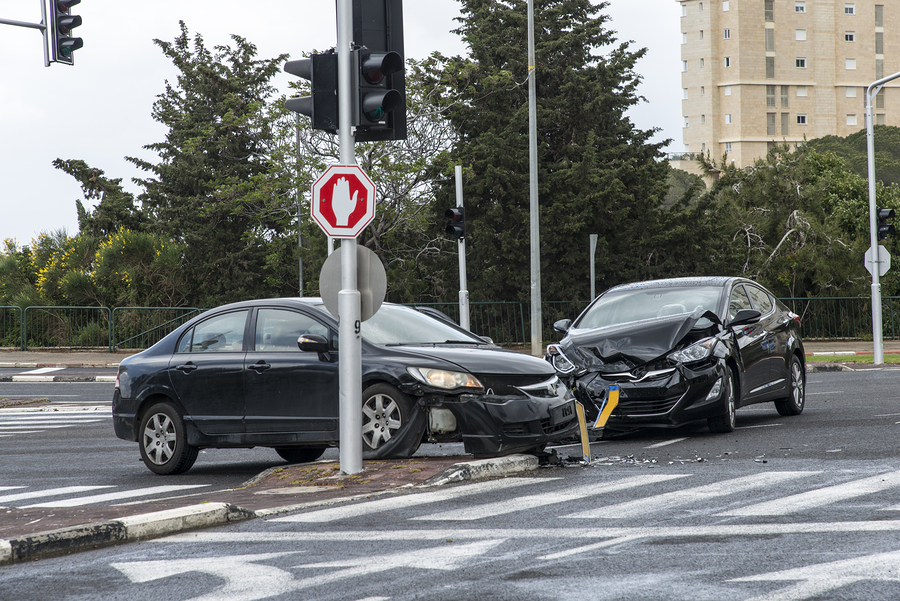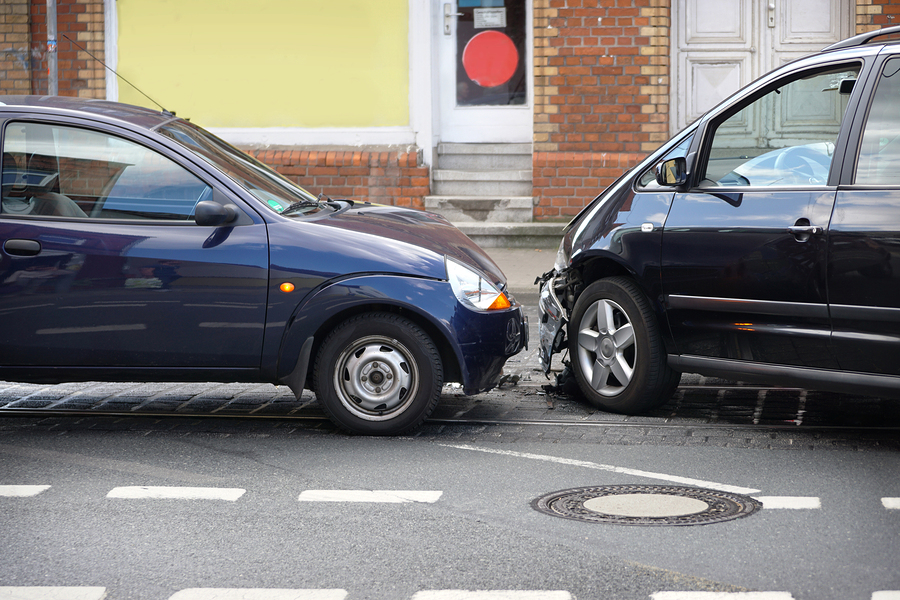Distracted driving was a factor in 20.5 percent of all traffic accidents on Virginia roads in 2017, and in 25 percent of all traffic accident fatalities, according to the Virginia Highway Safety Office. Operating a car or truck while distracted is, simply put, one of the most dangerous behaviors behind the wheel today. In this blog post, we discuss why distracted driving is so dangerous and the steps drivers can take to eliminate potentially fatal distractions.
The Dangers of Driver Distraction
When we say driver distraction, we’re referring to anything that draws a driver’s attention away from the road ahead and reduces the driver’s situational awareness. In this day and age, the principal driver distractions include talking and texting on a smartphone, paying attention to the map on a GPS, and playing with a radio. Scientific research has shown, time and again, that the human brain is simply incapable of splitting its attention between the mental task of driving and the tasks associated with these distractions. As a result, distraction causes two major deficits for drivers:- Lapses in situational awareness. Because the human brain just can’t pay attention to the road and a distraction (especially a screen) simultaneously, taking one’s eyes off the road to program a GPS or send a text necessarily results in the immediate and total loss of a driver’s awareness of the road ahead. For the duration of that lapse of attention, drivers may as well have shut their eyes, covered their ears, and taken their hands off the wheel.
- Reduced response time. At 60 miles per hour, a car travels the length of a football field in about four seconds. In the time it takes a driver to refocus attention from a distraction to the road and hazards ahead, a car can easily travel a third of that distance. That is essentially the finding of a study by Liberty Mutual, which discovered that even if a driver’s eyes can focus on the road ahead nearly instantaneously, the brain’s ability to shift its attention and take stock of approaching road hazards lags well behind. That lag leads to a serious impairment in response time and ability to avoid hazards.
Filtering out Distractions
Distraction can occur in a wide range of forms. Phones and GPS devices constitute a major source of distraction, of course, but so do some of these lower-tech behaviors behind the wheel:- Turning your head to chat with other passengers in the vehicle
- Eating or drinking, especially messy foods that can dump toppings in your lap
- Scolding kids in the back seat
- Putting on makeup
- Changing stations on the radio or adjusting climate controls, especially if it requires looking away from the road
- Rubbernecking and otherwise paying attention to roadside features instead of the road ahead.
- Tuck their cell phones away in a bag or glove compartment and put them on silent. If they must use a phone while driving, they should only use them hands-free, and only if the state or local jurisdiction through which they’re traveling legally allows it.
- Program a GPS and consult a map before starting a journey.
- Delegate radio and climate control duties to passengers.
- Eat and put on makeup before leaving home.


